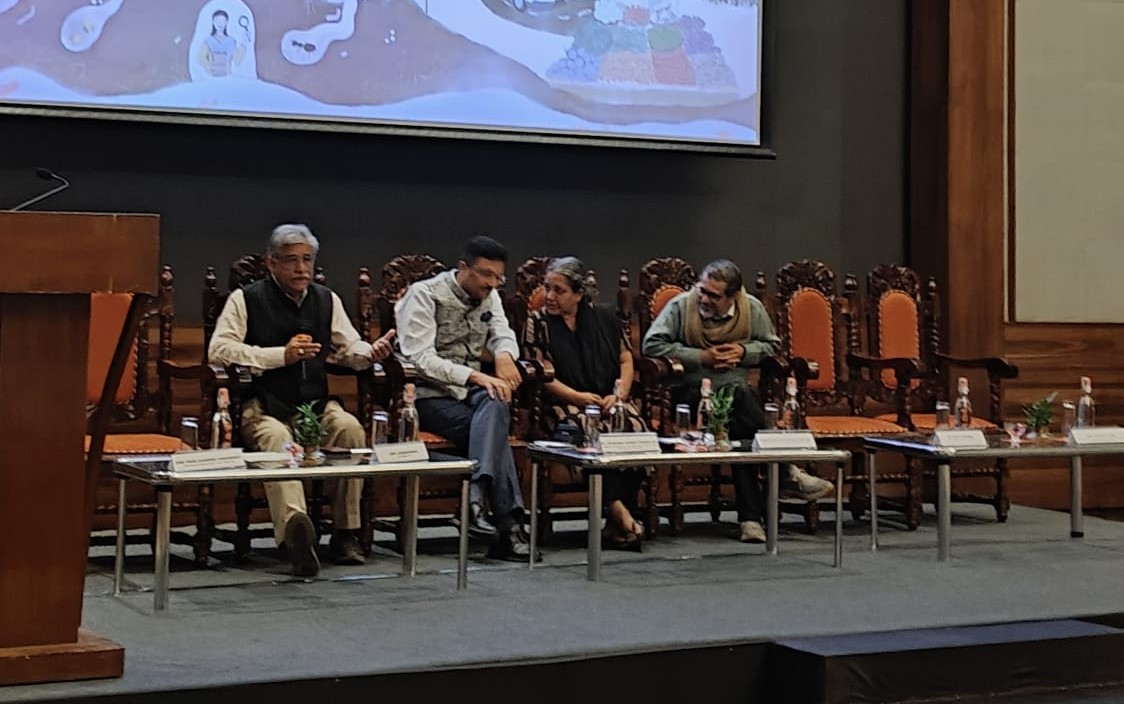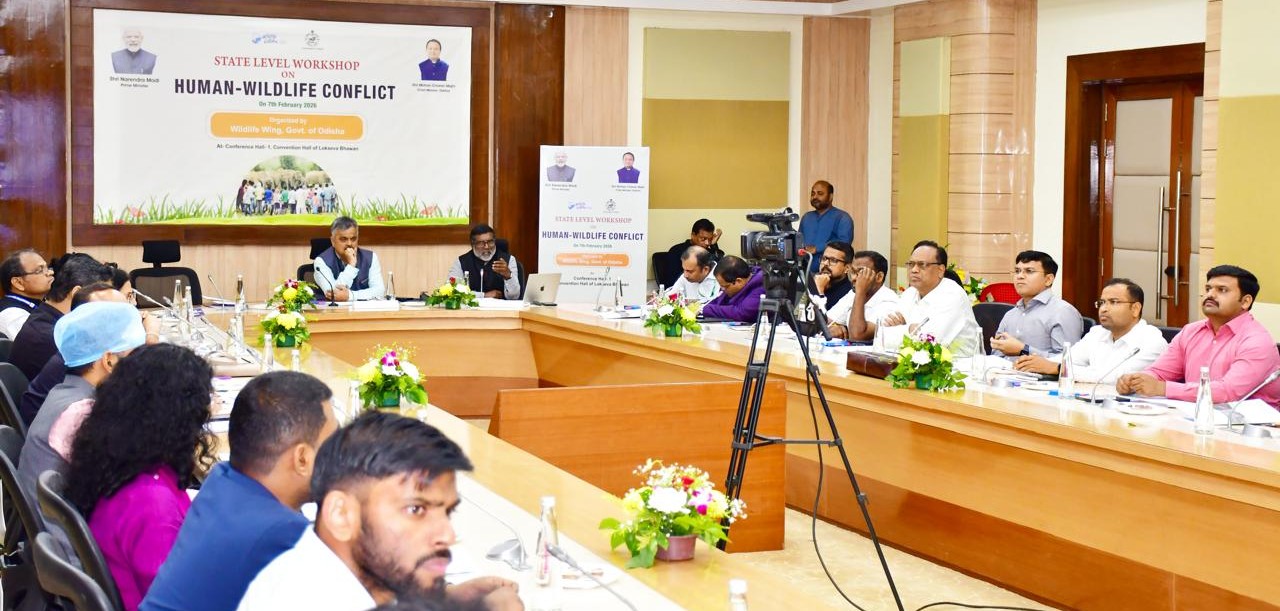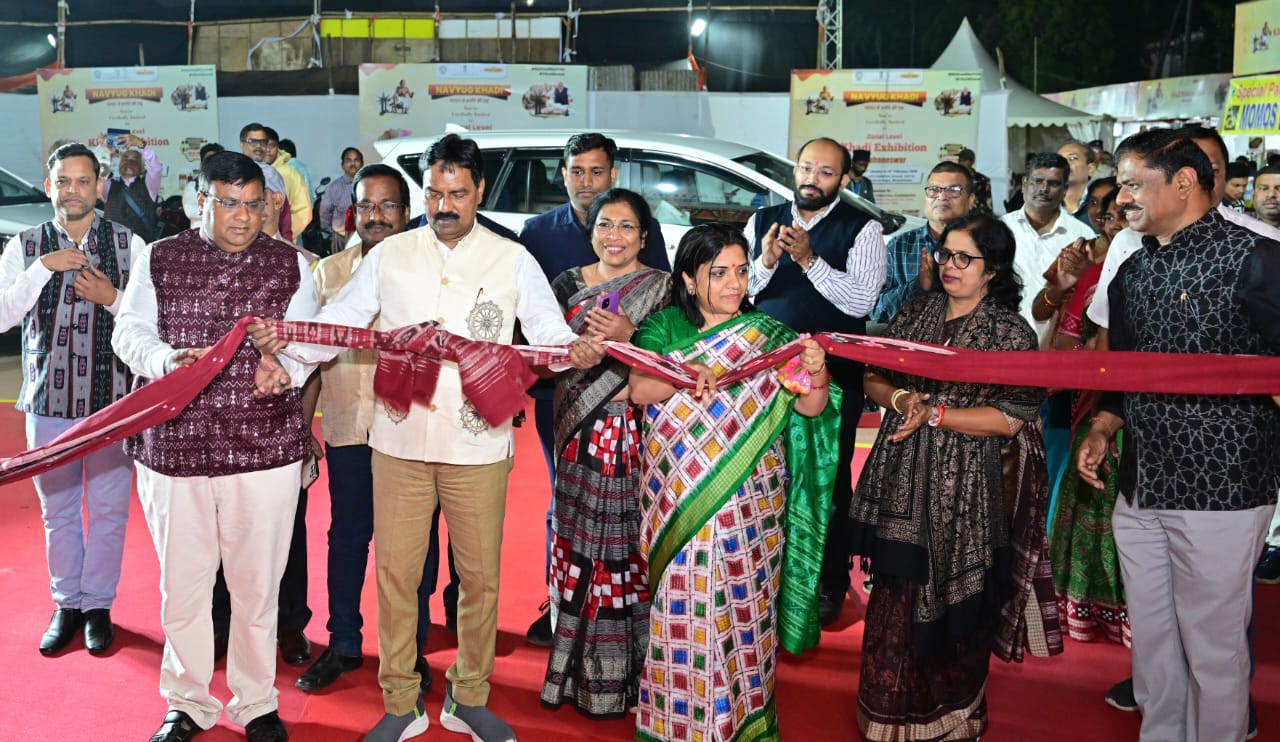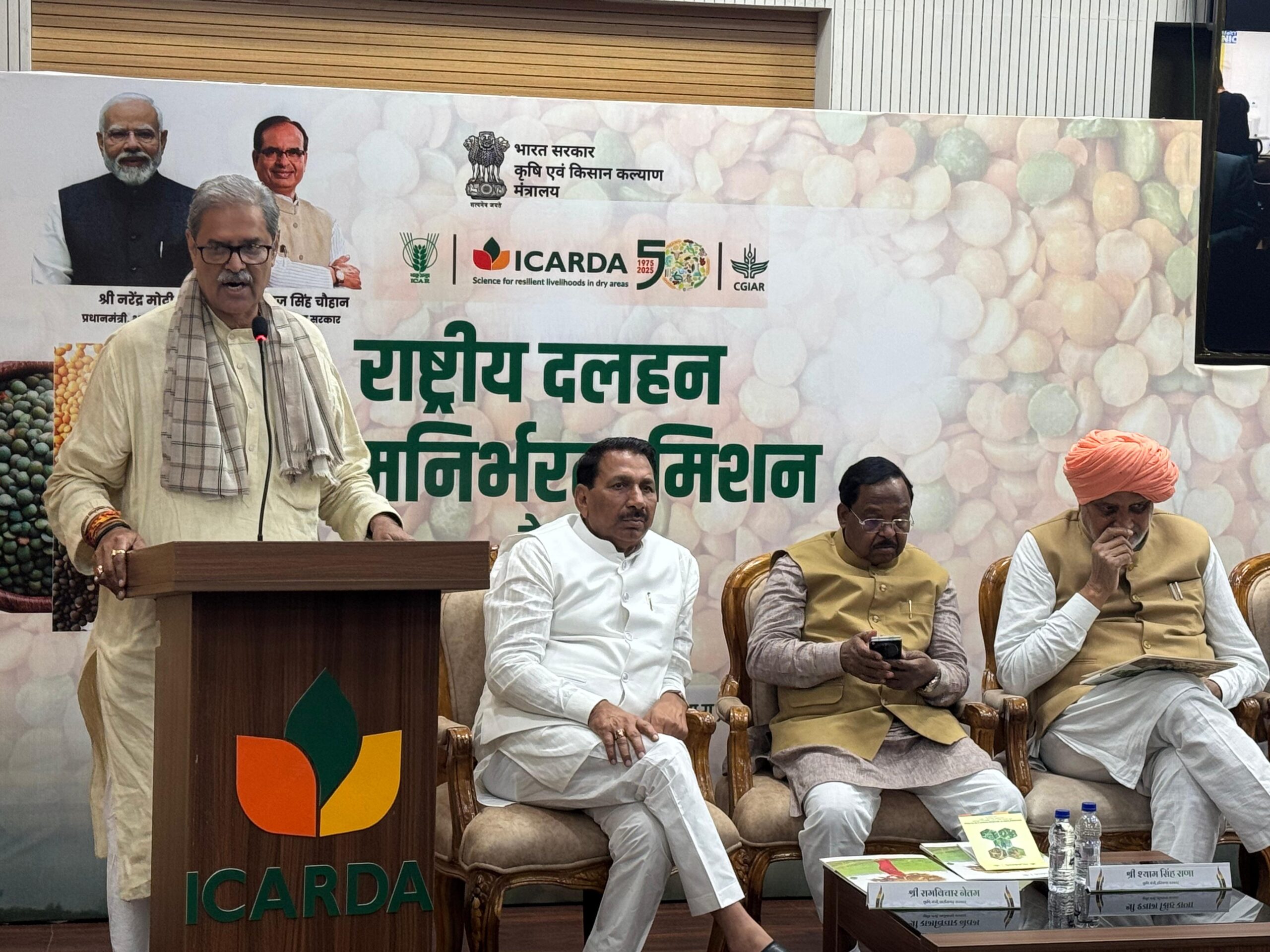Bhubaneswar: Climate change, food insecurity, and farmer distress were at the forefront of discussions as the Consortium for Agroecological Transformation (CAT) convened its Eastern India Chapter in Bhubaneswar, Odisha, on November 26-27, 2024. This event brought together over 70 stakeholders, including agroecology practitioners, civil society leaders, government officials, NGOs, and think tanks, to strategize on ‘Strengthening Resilience to Scale Up Agroecology.’
Participants hailed from states such as Odisha, West Bengal, Jharkhand, and Bihar and underscored the urgent need for a farmer-centric, landscape-based agroecology transition to mitigate the adverse impacts of climate change and restore sustainability to farming practices. The gathering highlighted how food and nutritional insecurity, livelihood challenges, biodiversity loss, and natural resource depletion are closely interlinked with current agricultural practices and climate change.
Dr. Arabinda Kumar Padhee, Principal Secretary of the Department of Agriculture and Farmers’ Empowerment, Government of Odisha, expressed strong support for agroecological interventions, emphasizing Odisha’s unique position as a biodiversity hotspot. “We will be happy to promote agroecological interventions at the landscape level. If there are good evidences available, we can take it forward at big scale and not only at the model level. Odisha is a hotspot of biodiversity, and we want to promote agro-biodiversity,” Dr. Padhee said. He highlighted the state’s pioneering efforts, noting Odisha’s achievement as the first Indian state to formally release indigenous landrace varieties.
Nikhil Pavan Kalyan, IAS, Director of the Horticulture Department, Odisha government, echoed sentiments for greater clarity and conviction from civil society before large-scale field implementations of agroecological models. He stressed that while the concept is gaining traction, more detailed advocacy and engagement are essential for its widespread adoption.
CAT’s ambitious goal is to transition 30 percent (approximately 40 million) of India’s farmer households, covering around 40 million hectares, to agroecology over the next decade. Minhaj Ameen from the Bharat Agroecology Fund spoke about CAT’s collaborative vision, which aims to build consensus and mobilize stakeholders across the agricultural value chain.
Jagat Singh, Regional Director of the Regional Centre of Organic and Natural Farming, Ministry of Agriculture and Farmers Welfare, Government of India, noted that the government is already invested in promoting organic and natural farming and remains open to new ideas and partnerships.
Sabarmatee Tiki, an organic farmer and Padma Shri awardee, emphasized the importance of community support, encapsulating her message in the slogan, “Samaste Bhala khaiba, samastanku bhala khuaiba, Jahar nehin khayenge, jahar nehin khilayenge,” which advocates for the well-being of all.
Dinesh Balam from WASSAN advocated for the formation of consumer collectives to bridge the gap between producers and consumers, facilitating direct market linkages that can support agroecological transitions.
The conference highlighted the potential for integrated natural resource management and agroecological practices to address food security and empower women economically. Surjit Behera from PRADAN emphasized that landscape-based agroecology could provide holistic solutions, supporting community resilience and environmental health.
To kickstart this movement, CAT plans to set up three agroecological transformation models across the country. These initiatives will promote farmer-centric, landscape-based approaches that integrate ecosystem-level support services, ensuring long-term sustainability for at least a decade through stakeholder collaboration and resource mobilization.





